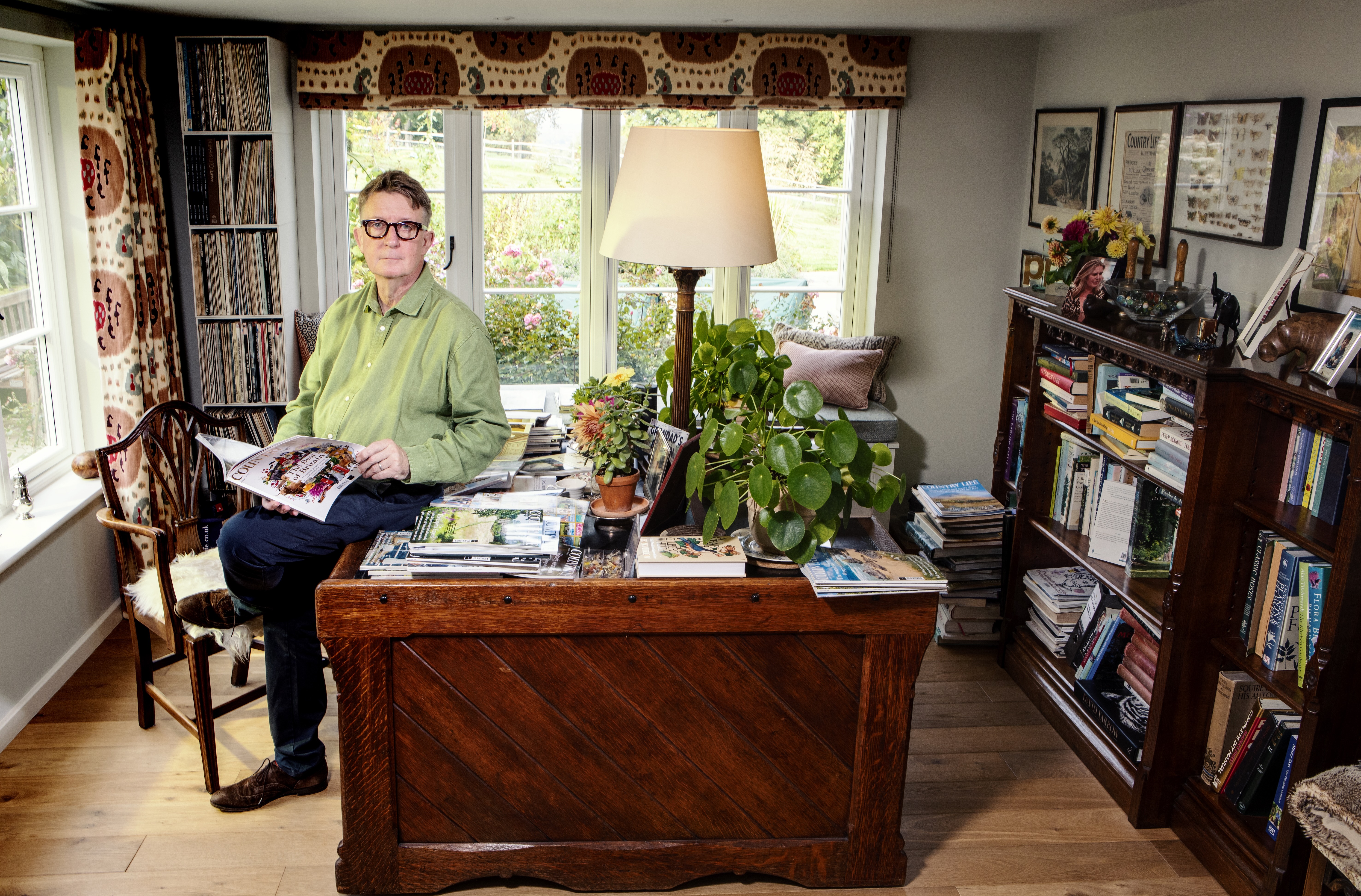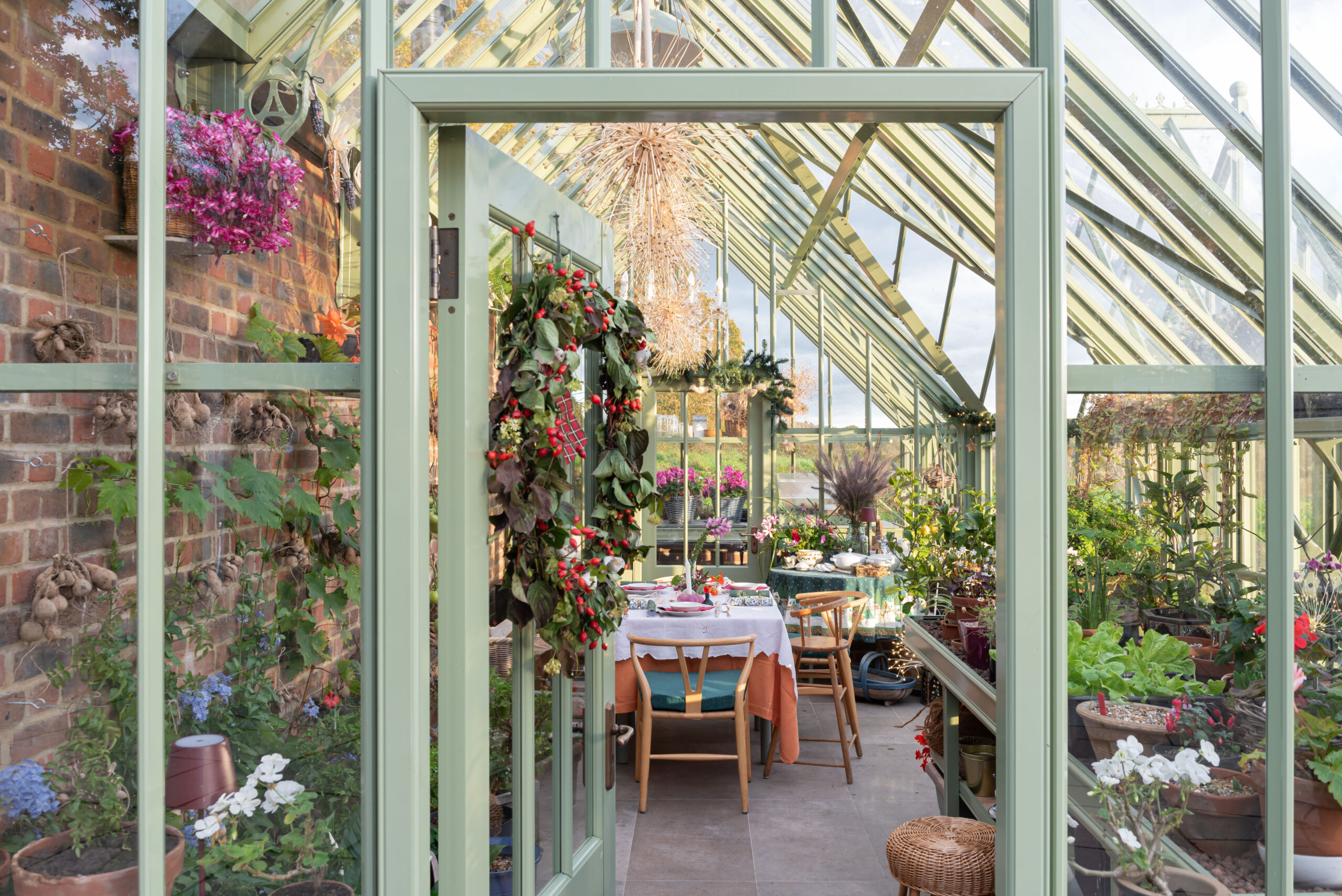Why the luxury international property market is heading for balance in 2023
Mickey Alam Khan, President of Luxury Portfolio International, shares his views on the latest in the international property market leaned from LPI's network of more than 250 independent luxury estate agencies worldwide.

How has the luxury property market across the world changed this year?
Our net takeaway is that not that much has changed at the high end. Demand has tapered and available inventory is trending up, by there still is not sufficient inventory to meet demand. Our prediction for the year ahead is that we will be moving forward in inches, not feet. We are heading in the direction of a buyer’s market, but we will not quite reach it. What we hope to see in 2023 is true market stabilisation.
So prices should remain strong?
Yes, the general sentiment is that there is still strong demand for luxury listings — and builders cannot build fast enough, which is why we have yet to see a dramatic reduction in prices. It’s still a question of supply and demand, and at the luxury level, we simply do not have enough supply — or enough of the ‘right’ supply — to meet the need.
Will rising interest rates have an impact on the market?
At the very top of the market, buyers are not dependent on mortgages. For the most part, transactions continue to be handled in cash. The recent rate hikes, which have significantly slowed the home mortgage market, haven’t impacted this segment of consumers.
What’s had far more impact on this tier of buyers than mortgage rates are the recent, major fluctuations in the stock market. Savvy investors have seen this and recognized the advantages of putting their money into the most stable of asset classes —in other words, real estate.

Have the effects of the Pandemic stopped playing a role?
In our opinion, 2020, 2021, and even the first half of 2022 were anomalies. The year ahead is most likely going to look like what we saw in 2019, which was a more balanced market. The economy is still, overall, moving down the right path. The economic strength, coupled with other factors, means that we may see a slowdown compared to the explosive two-and-a-half years we just experienced — but it will be nowhere near what we witnessed in 2008 and 2009.
What changes from the disruption of the last two or three years are with us to stay?
If there is one permanent factor that has changed within the last two years, it is that the home has shifted from a place to crash to a centre of gravity. That will not waver. Work-from-home set-ups continue to be part of everyday living, and consumers put an added emphasis on in-home amenities for entertainment, wellness, and gatherings.

How about local variations — are there any outliers that luxury property buyers should know about?
We’ve seen a few surprises across our global network, and we’ve made some key takeaways. In Naples, Florida, for example, many homeowners hit by Hurrian Ian have been demolishing and rebuilding rather than repairing damaged homes, and in doing so could turn losses into positives as they rebuild stronger and better structures.
Elsewhere in the USA, Texas actually saw a slowdown earlier in the year, but there has been a gradual uptick since autumn. Our agents on the ground are still seeing luxury consumers resettle there from the East Coast and California — and it remains a seller’s market. Chicago, by contrast, has seen high-end homes taking longer to sell, and price reductions have been happening; but in Hawaii, low inventory and huge international demand continue.
There are more varied pictures around the world, too: in South Africa, for example, prices are now 10% to 15% below asking. In addition the South African rand has slipped against the British pound and US dollar — these factors are really fuelling sales to international buyers. So while situations certainly vary from one market to the next, we are not seeing any evidence of the bottom dropping out.
What else should we be looking out for in the property market next year?
One major change will be the full-scale return of face-to-face events. Agents’ little black books and relationships will be more important than ever, and people are clamouring for more in-person get-togethers and celebrations — which in most cases will mean reconvening after years of being apart.
The return of travel will also have a big impact, and international sales will continue to rise next year. Visitatation levels are still significantly down from pre-pandemic numbers, but they are rising — and that will be a key element for the luxury housing market. Coastal cities, such as New York and Miami, saw property booms thanks in part thanks to international visitors buying homes, a market that all-but-disappeared due to Covid. Its eventual return is a key element of the buying and selling of luxury residential real estate.
Mickey Alam Khan is President of Luxury Portfolio International — find out more at luxuryportfolio.com

Five things to look out for in the international property market next year
The latest report from Luxury Portfolio International shows that the high-end property markets around the world are still in rude

The seven trends that are defining the luxury property market across the world today
There was a time when luxury house buyers sought homes that served as glitzy status symbols; in 2022, the world
Exquisite houses, the beauty of Nature, and how to get the most from your life, straight to your inbox.
-
 Britain's most entertaining (and a little bit salacious) country house scandals
Britain's most entertaining (and a little bit salacious) country house scandals'Country houses seem to have harboured more than their fair share of scandals,' says Adrian Tinniswood, who recounts some of the most shocking.
-
 Mark Hedges: It's been an exceptional year for Country Life, but the hard work would be in vain without readers — and for that you have my very greatest thanks
Mark Hedges: It's been an exceptional year for Country Life, but the hard work would be in vain without readers — and for that you have my very greatest thanksCountry Life's Editor-in-Chief reflects on 2025 and teases some of what's to come in 2026.
-
 Jewels of the Mediterranean: Luxury multi-generational villa holidays
Jewels of the Mediterranean: Luxury multi-generational villa holidaysThe Thinking Traveller have some of the finest villas in the Mediterranean on their books for multi-generational holidays. Here are just a few of the highlights.
-
 Code8: Beauty on Burlington Arcade
Code8: Beauty on Burlington ArcadeCome along Burlington Arcade with Hetty Lintell to visit beauty gurus Code8, and try their new Day To Night Foundation.
-
 The gift of growing
The gift of growingEntirely built to suit your needs, a bespoke Alitex greenhouse not only helps you nurture flowers and vegetables, but also offers a tranquil retreat from the pressures of daily life.
-
 The ultimate Canadian train journey
The ultimate Canadian train journeyExperience the spectacular scenery of the Canadian Rockies onboard the luxury and top-tier service of Rocky Mountaineer.
-
 Diamonds are a man’s best friend
Diamonds are a man’s best friendMale interest in jewellery is on the rise, with gypsy and signet rings proving especially popular, according to renowned jeweller Hancocks.
-
 The Art of Lighting: Four of Britain's top designers share their best tips for choosing lighting
The Art of Lighting: Four of Britain's top designers share their best tips for choosing lightingAt a recent panel discussion hosted at Vaughan’s London showroom during Focus/24, interior designers Emma Pocock and Sarah Peake, lighting designer Jo Mann of Lighthouse Designs and Richard Smith of Vaughan shared their top 10 tips on choosing lighting.
-
 The beauty of bespoke: A journey with Julia Lloyd George
The beauty of bespoke: A journey with Julia Lloyd GeorgeGoing bespoke with Julia Lloyd George means getting not just a piece of jewellery, but a lifelong treasure.
-
 Hancocks: Sparkle of genius
Hancocks: Sparkle of geniusHistoric jewellery firm Hancocks, now in its new St James’s home, specialises in old-cut diamonds pieces that gleam and turn heads even in low light.


